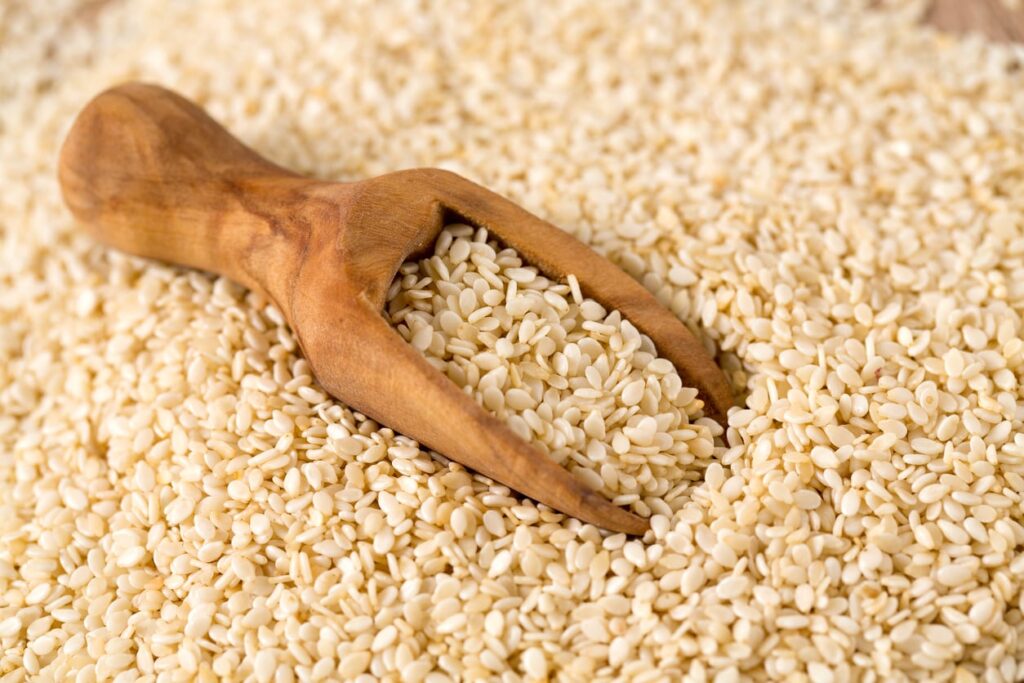Sesame seeds, often referred to as the “queen of seeds,” play a vital role in global agriculture and economy. These tiny, yet powerful seeds, are not just a staple in numerous culinary traditions but also a significant economic driver in various local communities worldwide. In this article, we’ll explore how sesame seed production impacts local economies, highlighting its benefits and implications for communities involved in this essential agro-commodity.
The Economic Power of Sesame Seeds
1. Job Creation and Income Generation
Sesame seed production is a key source of employment in many regions, particularly in countries like India, Sudan, Nigeria, and Ethiopia. From farming to processing and packaging, the entire sesame seed supply chain offers numerous job opportunities. This employment generation helps uplift local communities by providing stable incomes and fostering economic development.
2. Boosting Local Businesses
Local businesses, including seed processing units and packaging companies, often thrive in areas with significant sesame production. These businesses benefit from the steady supply of raw materials and, in turn, contribute to the local economy by creating additional jobs and supporting local infrastructure. The increased economic activity enhances the overall prosperity of the region.
3. Infrastructural Development
The demand for sesame seeds can lead to infrastructural improvements in rural areas. Investments in transportation networks, such as roads and storage facilities, are often necessary to support the efficient movement of sesame seeds from farms to markets. These infrastructural enhancements benefit not only sesame producers but also other local businesses and residents.
4. Increased Agricultural Productivity
Sesame cultivation encourages better farming practices and the adoption of modern agricultural technologies. As farmers invest in improving their sesame crops, they often apply these enhanced practices to other crops as well. This increased agricultural productivity can lead to more stable and diversified local economies.
5. Export Revenue and Economic Diversification
Sesame seeds are a valuable export commodity for many countries. By tapping into global markets, these countries earn foreign exchange revenue, which can be reinvested into local economies. The diversification of agricultural exports helps reduce dependency on a single crop and enhances economic stability.

Challenges and Opportunities
While the economic benefits of sesame seed production are substantial, there are challenges that need addressing. These include:
- Market Fluctuations: Prices for sesame seeds can be volatile, affecting farmers’ incomes and local economic stability. Implementing measures to stabilize prices and create reserves can help mitigate these impacts.
- Sustainability Practices: The environmental impact of sesame farming, including land use and water consumption, needs careful management. Promoting sustainable farming practices can ensure long-term economic and environmental health.
- Quality Control: Ensuring high-quality sesame seeds is crucial for maintaining market competitiveness. Investing in quality control and certification processes can enhance the value of sesame seeds and open up more lucrative market opportunities.
Conclusion
Sesame seed production offers significant economic benefits to local communities, from job creation and business development to infrastructural improvements and export revenue. By addressing the challenges associated with this industry and embracing sustainable practices, communities can continue to enjoy the economic advantages of sesame seed production while contributing to global food systems.
At Ajigofarms, we are committed to supporting the sesame seed industry and its positive impact on local economies. Our mission is to connect high-quality agro commodities with global markets, ensuring that the benefits of production reach those who need them most.




